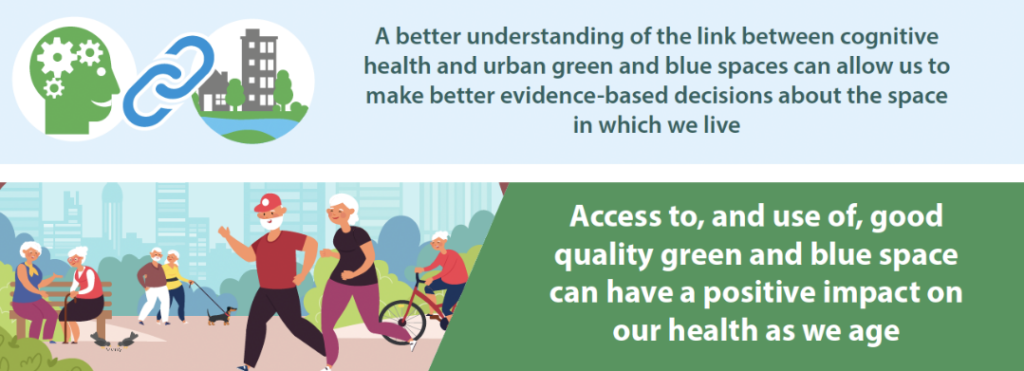Towards building autism-friendly cities: neurodiversity and the right to the city

The quality of life for autistic individuals is closely linked not only to societal attitudes and the level of support provided by local and national authorities but also to the spatial and formal aspects of their surrounding environment. A key question is: How can urban planners, architects, and decision-makers facilitate the creation of autism-friendly cities?
How much research is there on environmental exposures and cognition?

It is known that environmental exposures can have negative effects on brain health. We reviewed all the literature examining the effects of environmental exposures on cognitive health. There is a paucity of research on the effects of urban planning, particularly regarding things like active travel and green space accessibility.
Assessing urban environments for improving mental well-being of the residents

Assessing the urban environment is crucial for enhancing mental well-being. It is imperative to identify relevant indicators and establish a comprehensive framework to measure the impact effectively. This approach is essential for initiating strategic interventions aimed at improving mental health outcomes.


